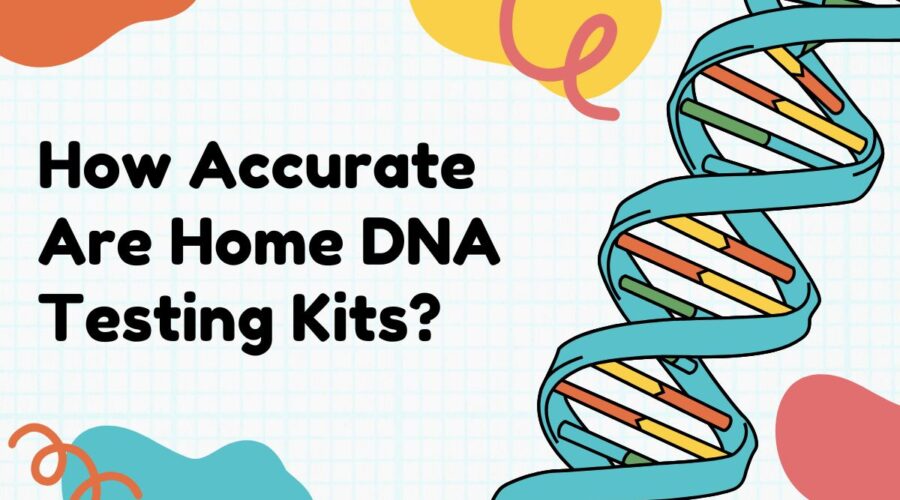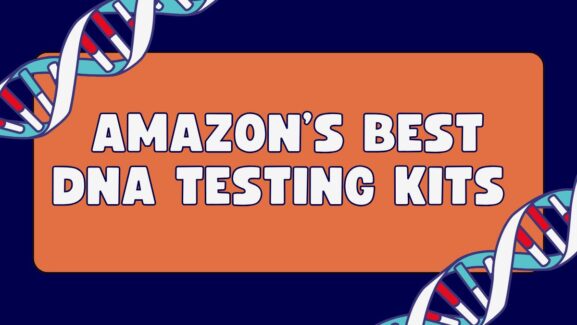How Accurate Are Home DNA Testing Kits, Really?
Such home DNA testing kits have become very popular as people seek insights into their genetic heritage and health markers. But the big question is: how accurately do these tests actually work? Can you really trust the labs to which you send a swab or a few cheek cells? The truth is, these kits aren’t as flawless as one might think. If you’re seeking lab-grade accuracy and a complete picture of your genes, you may be in for a surprise.
How Home DNA Testing Kits Analyze Your Genetic Code
DNA testing kits work by analyzing specific segments of your DNA to identify markers associated with certain traits, ancestry, or health conditions. However, the amount of medical information these markers represent is just a small fraction of your entire genetic code. Think of it as reading only the first sentence of every paragraph in a novel and then trying to deduce the entire story. You may grasp the general idea, and even pick up some important details, but you’re not getting the full narrative. This limitation is why, when a test claims it can pinpoint your ancestry to a precise percentage, it’s often closer to an educated guess than an exhaustive breakdown.
Understanding the Limitations of Ancestry Results in DNA Kits
For example, consider ancestry results. Large databases of genetic information from around the world form the basis for companies like 23andMe and AncestryDNA. When you send in your sample, the lab analyzes your DNA and compares it with these genetic populations to make a prediction about your heritage. However, your results can evolve over time as the databases grow and change. For instance, you may receive results showing a predominantly European descent, only to find a year later that it includes 10 percent East Asian ancestry. This shift occurs because the database has expanded, not because your genetic makeup has changed. It’s intriguing, but it also means that home DNA tests are not the definitive word on your heritage.
Health Markers in DNA Tests: What You Should Know
When it comes to health markers, the accuracy of these tests becomes even murkier. Home DNA tests offer insights into genetic predispositions for certain health conditions, from lactose intolerance to a heightened risk of specific diseases. But here’s what often goes unsaid: carrying a gene variant associated with a disease does not guarantee you’ll develop it. Numerous factors – environmental influences, lifestyle choices, and other unknown genetic factors – play a role. As some experts point out, DNA test results can sometimes cause unnecessary anxiety if interpreted as certainties. Imagine the stress of seeing yourself at “high risk” for something like Alzheimer’s, without understanding that genetic risk is only part of the story.
Why DNA Test Results Vary Between Companies
Another complication is that different companies can produce varying results for the same individual. A person’s DNA might be analyzed by several companies and yield slightly different ancestry reports based on the databases and proprietary algorithms each company uses. This discrepancy is hardly comforting if you’re seeking a definitive answer. It’s a reminder that while home DNA kits can be fun and informative, they are not exact.
The Limits of Home DNA Testing Technology
Home DNA testing kits have limitations due to the technology and analytical methods they use. They can offer interesting insights into ancestry patterns, provide entertainment with unique trait revelations, or serve as a broad guide for genetic health markers. However, they’re not infallible, and we shouldn’t treat them as such. For those curious about their genetic background, a DNA kit can be a great introduction. But if you’re looking for highly accurate, detailed genetic analysis, it’s best to consult a medical professional or geneticist who can access more comprehensive testing tools.
Are Home DNA Testing Kits Really Accurate?
So, are home DNA testing kits accurate? The answer is both yes and no. Within the scope of their analysis, they are accurate, but they are limited by their data, algorithms, and our evolving understanding of genetics. The results may offer some insight, but it’s important to take them with a grain of salt. They provide a fascinating glimpse into your genetic heritage and health markers, but they should not be mistaken for the whole picture.
“This post contains affiliate links. As an Amazon Associate, we earn from qualifying purchases.”



